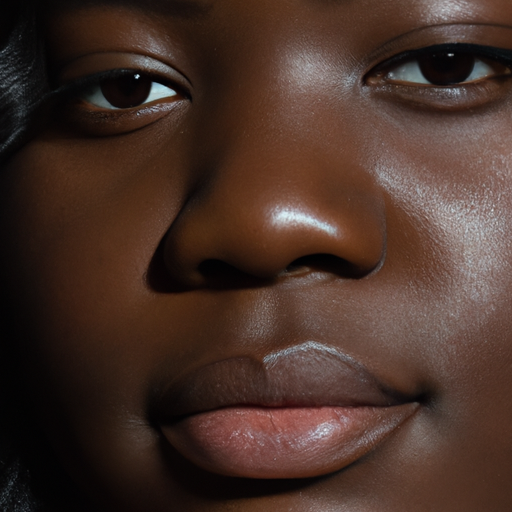As a dermatologist, I am often asked, “What is the secret to youthful skin?” The answer is surprisingly simple: moisturizing. Moisturizing is one of the most effective ways to maintain the health and vitality of your skin, and its impact on aging skin is profound.
The skin is the body’s largest organ, and like all organs, it requires care and attention to function optimally. As we age, our skin naturally loses its ability to retain moisture, leading to dryness, fine lines, and wrinkles. This is where moisturizing comes in. By replenishing the skin’s moisture content, we can combat these signs of aging and maintain a youthful appearance.
The science behind moisturizing is straightforward. The outer layer of our skin, known as the stratum corneum, is composed of dead skin cells and natural lipids (fats). These lipids are crucial for maintaining skin hydration as they prevent water loss from the deeper layers of the skin. However, as we age, these lipids decrease, resulting in dry and dull-looking skin. Moisturizers work by providing a protective barrier on the skin’s surface, trapping in moisture and replacing these lost lipids.
Moisturizers come in various forms, including creams, lotions, and ointments. They contain three main types of ingredients: humectants, emollients, and occlusives. Humectants, such as glycerin and hyaluronic acid, draw water into the skin from the surrounding air and underlying layers of skin. Emollients, including oils and lipids, fill in gaps between skin cells, smoothing out rough or flaky skin. Occlusives form a protective layer on the skin’s surface to prevent water loss.
Regular use of a moisturizer can have several benefits for aging skin. First and foremost, it can significantly reduce dryness. Dry skin not only feels uncomfortable but also accentuates fine lines and wrinkles. By keeping the skin hydrated, moisturizers can help to minimize the appearance of these signs of aging.
Moreover, many moisturizers now contain active ingredients such as retinol, peptides, and antioxidants that can stimulate collagen production, improve skin elasticity, and combat free radical damage. These ingredients can further enhance the anti-aging effects of moisturizers.
In addition to these benefits, moisturizing can also improve the skin’s natural barrier function. A healthy skin barrier is essential for protecting the skin from environmental stressors such as UV radiation and pollution, which can accelerate skin aging.
In conclusion, moisturizing is a simple yet powerful tool in the fight against skin aging. It replenishes the skin’s moisture content, improves its texture and elasticity, enhances its barrier function, and can even provide additional anti-aging benefits through active ingredients. So, if you’re looking for the secret to youthful skin, look no further than your favorite moisturizer. It’s never too late to start taking care of your skin, and moisturizing is an excellent place to start.



